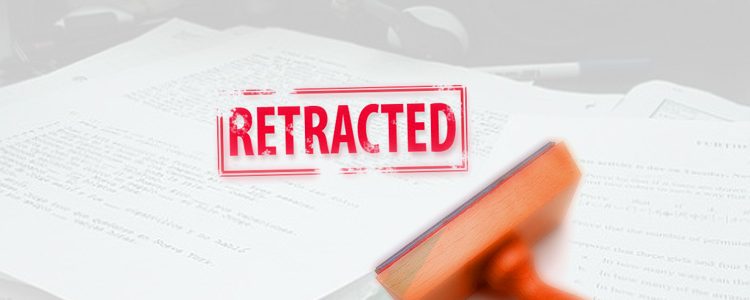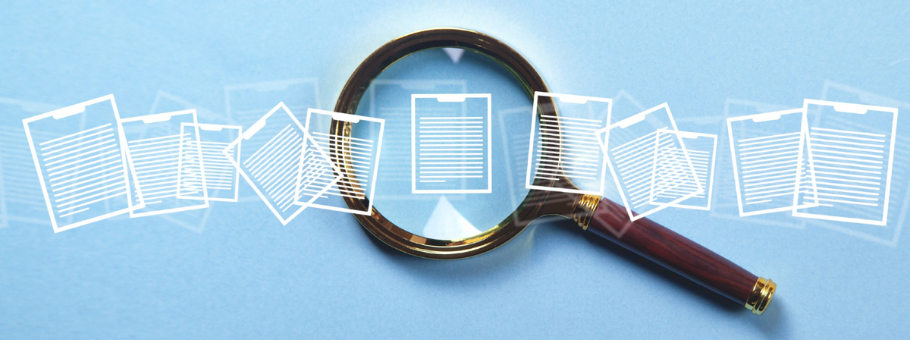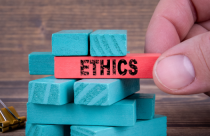Database of Retracted Papers Launched for Researchers

Approximately 500–600 papers are retracted each year, either because of scientific misconduct or honest errors. Many of these retractions are due to data that has been fabricated, falsified or plagiarized. How do you find out whether the paper you are reading has been retracted? In the past, this was not so easy, since no-one wants to publicize a retraction. Retraction Watch, who together with Science, recently published a searchable database of retracted papers and filled the gap.
A Retracted Papers Database
You can now easily weed out bad science by doing a search for retracted papers on Retraction Watch. The database contains more than 19,000 papers so far. A useful feature is that reasons for each retraction are given. This database also includes papers with expressions of concern and corrections. Although these papers have not been retracted yet, it is better to be aware of the possible errors when reading a paper.
Another interesting feature of Retraction Watch is the “Top 10 most highly cited retracted papers” list. It is surprising to learn of some well-known papers on this list and alarming as well at the medical implications of these papers.
How the Database is Helpful to Researchers?
Investigations into scientific misconduct take time and are not always transparent. An example is the investigation by Cornell University of Brian Wasink’s nutrition research. The university admitted that Wasink was dismissed for publishing unreliable results. However, they have not released any details of the misconduct.
The Retraction Watch Database is a valuable resource that every researcher should consult regularly because it:
- Helps to correct the literature.
- Ensures the integrity of published research.
- Saves you time and resources by not attempting to replicate bad science.
- Helps you learn to recognize dubious data such as manipulated images.
- Improves scientific transparency.
When Should a Paper be Retracted?
Journal editors play an important role in publicizing research and have a responsibility to ensure their publications are based on good science. Although the editors take every effort to publish reliable research by processing articles through the peer-review system, some unreliable research gets through the cracks. Retraction guidelines, published by the Committee on Publication Ethics (COPE), state when a retraction, correction or an expression of concern must be brought up regarding a paper.
Editors should retract research if they have clear evidence of:
- Unreliable research (fabricated or honest mistakes).
- Plagiarism in research.
- Previously published data.
- Unethical research.
Editors should issue an expression of concern if:
- They have inconclusive evidence of unreliable research (fabricated or honest mistakes).
- The author’s institution is not willing to investigate any evidence of misconduct.
- An investigation into the misconduct would be inconclusive or unfair.
- An investigation of the misconduct is still ongoing.
It is disturbing that the rate of retractions is increasing. The integrity of published research is critical in taking science forward. According to a part of the research community, pressures of tenureship and shortage of grant funding may cause scientific misconduct. The implications of including unreliable research, especially in the medical field, are huge.
How can Scientific Misconduct be Prevented?
Many believe to prevent scientific misconduct, the scientific community should improve mentorship and training, and improve scientific transparency. To accomplish this, the scientific community established The Centre for Scientific Integrity. They aim to “promote transparency and integrity in science and scientific publishing.” Not only is Retraction Watch Database going to make keeping up with corrections and retractions much easier, it will also provide a much-needed platform for expressing concerns you may have with the reliability of a paper.
Are you as excited as we are about Retraction Watch Database? Please let us know in the comments section below.









